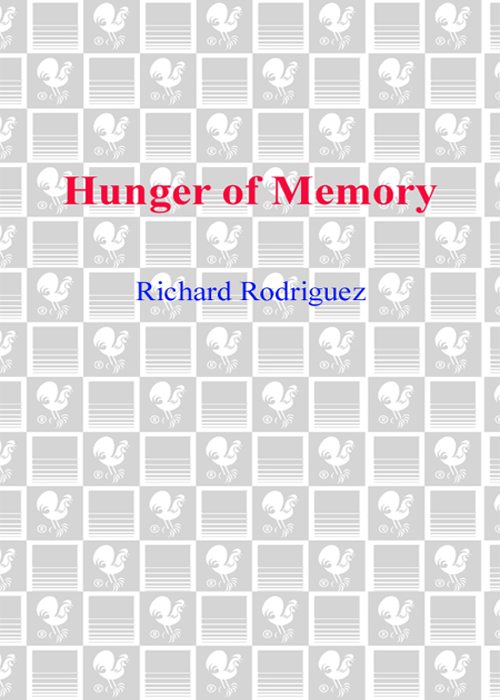
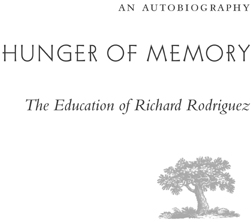
B A N T A M B O O K S
Contents
Dedication
She tells people, her neighbors, that I am a Ph.D. professor. I am doing some writing, she explains. But I will be going back to teach in a year or two. Soon. In private, she admits worry. Did somebody hurt you at Berkeley?... Why dont you try teaching at some Catholic college? No, I say. And she turns silent to my father, who stands watching me. The two of them. They know I have money enough to support myself. But I have nothing steady. No profession. And I am the one in the family with so much education. (All those years!) My brother and sisters are doing so well. All I want for you is something you can count on for life, she says.
For her and for himto honor them.
Prologue
MIDDLE-CLASS PASTORAL
 I have taken Calibans advice. I have stolen their books. I will have some run of this isle.
I have taken Calibans advice. I have stolen their books. I will have some run of this isle.
Once upon a time, I was a socially disadvantaged child. An enchantedly happy child. Mine was a childhood of intense family closeness. And extreme public alienation.
Thirty years later I write this book as a middle-class American man. Assimilated.
Dark-skinned. To be seen at a Belgravia dinner party. Or in New York. Exotic in a tuxedo. My face is drawn to severe Indian features which would pass notice on the page of a National Geographic, but at a cocktail party in Bel Air somebody wonders: Have you ever thought of doing any high-fashion modeling? Take this card. (In Beverly Hills will this monster make a man.)
A lady in a green dress asks, Didnt we meet at the Thompsons party last month in Malibu?
And, What do you do, Mr. Rodriguez?
I write: I am a writer.
A part-time writer. When I began this book, five years ago, a fellowship bought me a year of continuous silence in my San Francisco apartment. But the words wouldnt come. The money ran out. So I was forced to take temporary jobs. (I have friends who, with a phone call, can find me well-paying work.) In past months I have found myself in New York. In Los Angeles. Working. With money. Among people with money. And at leisurea weekend guest in Connecticut; at a cocktail party in Bel Air.
Perhaps because I have always, accidentally, been a classmate to children of rich parents, I long ago came to assume my association with their world; came to assume that I could have money, if it was money I wanted. But money, big money, has never been the goal of my life. My story is not a version of Sammy Glicks. I work to support my habit of writing. The great luxury of my life is the freedom to sit at this desk.
Mr.?...
Rodriguez. The name on the door. The name on my passport. The name I carry from my parentswho are no longer my parents, in a cultural sense. This is how I pronounce it: Rich-heard Road-ree-guess. This is how I hear it most often.
The voice through a microphone says, Ladies and gentlemen, it is with pleasure that I introduce Mr. Richard Rodriguez.
I am invited very often these days to speak about modern education in college auditoriums and in Holiday Inn ballrooms. I go, still feel a calling to act the teacher, though not licensed by the degree. One time my audience is a convention of university administrators; another time high school teachers of English; another time a womens alumnae group.
Mr. Rodriguez has written extensively about contemporary education.
Several essays. I have argued particularly against two government programsaffirmative action and bilingual education.
He is a provocative speaker.
I have become notorious among certain leaders of Americas Ethnic Left. I am considered a dupe, an ass, the foolTom Brown, the brown Uncle Tom, interpreting the writing on the wall to a bunch of cigar-smoking pharaohs.
A dainty white lady at the womens club luncheon approaches the podium after my speech to say, after all, wasnt it a shame that I wasnt able to use my Spanish in school. What a shame. But how dare her lady-fingered pieties extend to my life!
There are those in White America who would anoint me to play out for them some drama of ancestral reconciliation. Perhaps because I am marked by indelible color they easily suppose that I am unchanged by social mobility, that I can claim unbroken ties with my past. The possibility! At a time when many middle-class children and parents grow distant, apart, no longer speak, romantic solutions appeal.
But I reject the role. (Caliban wont ferry a TV crew back to his island, there to recover his roots.)
Aztec ruins hold no special interest for me. I do not search Mexican graveyards for ties to unnamable ancestors. I assume I retain certain features of gesture and mood derived from buried lives. I also speak Spanish today. And read Garca Lorca and Garca Mrquez at my leisure. But what consolation can that fact bring against the knowledge that my mother and father have never heard of Garca Lorca or Garca Mrquez? What preoccupies me is immediate: the separation I endure with my parents in loss. This is what matters to me: the story of the scholarship boy who returns home one summer from college to discover bewildering silence, facing his parents. This is my story. An American story.
Consider me, if you choose, a comic victim of two cultures. This is my situation: writing these pages, surrounded in the room I am in by volumes of Montaigne and Shakespeare and Lawrence. They are mine now.
A Mexican woman passes in a black dress. She wears a white apron; she carries a tray of hors doeuvres. She must only be asking if there are any I want as she proffers the tray like a wheel of good fortune. I shake my head. No. Does she wonder how I am here? In Bel Air.
It is education that has altered my life. Carried me far.
I write this autobiography as the history of my schooling. To admit the change in my life I must speak of years as a student, of losses, of gains.
I consider my book a kind of pastoral. I write in the tradition of that high, courtly genre. But I am no upper-class pastoral singer. Upper-class pastoral can admit envy for the intimate pleasures of rustic life as an arrogant way of reminding its listeners of their differencetheir own public power and civic position. (Lets be shepherds... Ah, if only we could.) Unlike the upper class, the middle class lives in a public world, lacking great individual power and standing. Middle-class pastoral is, therefore, a more difficult hymn. There is no grand compensation to the admission of envy of the poor. The middle class rather is tempted by the pastoral impulse to deny its difference from the lower classeven to attempt cheap imitations of lower-class life. (But I still am a shepherd!)
I must resist being tempted by this decadent solution to mass public life. It seems to me dangerous, because in trying to imitate the lower class, the middle class blurs the distinction so crucial to social reform. One can no longer easily say what exactly distinguishes the alien poor.
I do not write as a modern-day Wordsworth seeking to imitate the intimate speech of the poor. I sing Ariels song to celebrate the intimate speech my family once freely exchanged. In singing the praise of my lower-class past, I remind myself of my separation from that past, bring memory to silence. I turn to consider the boy I once was in order, finally, to describe the man I am now. I remember what was so grievously lost to define what was necessarily gained.
Next page

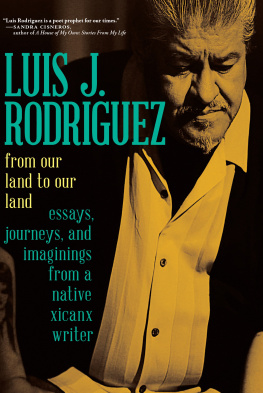

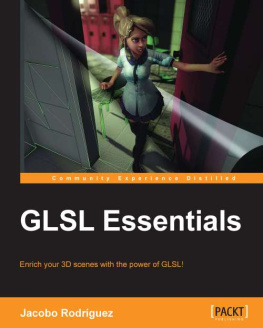
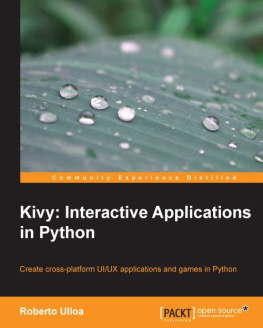
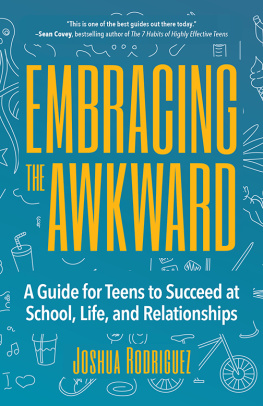

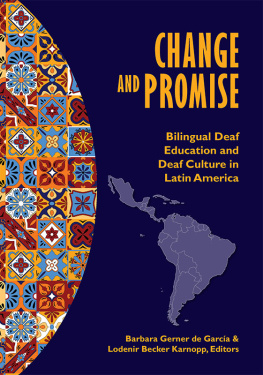
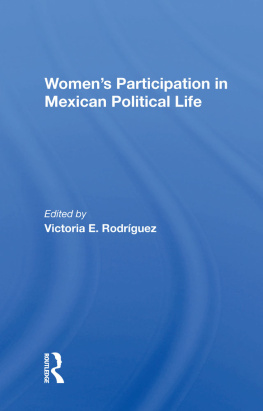
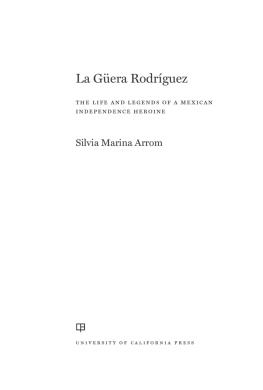
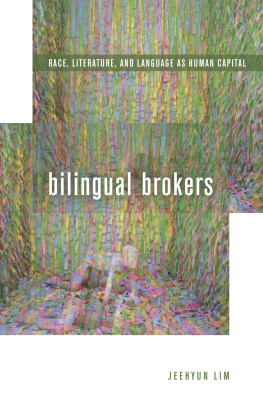
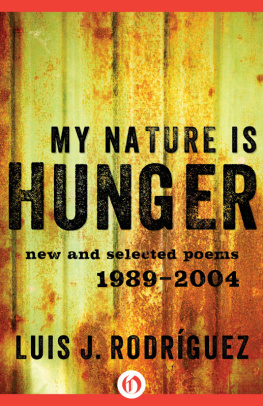
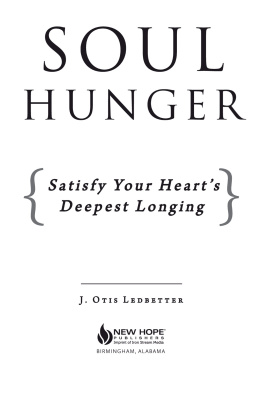
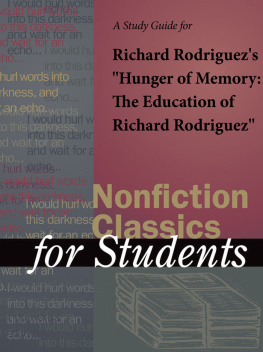


 I have taken Calibans advice. I have stolen their books. I will have some run of this isle.
I have taken Calibans advice. I have stolen their books. I will have some run of this isle.